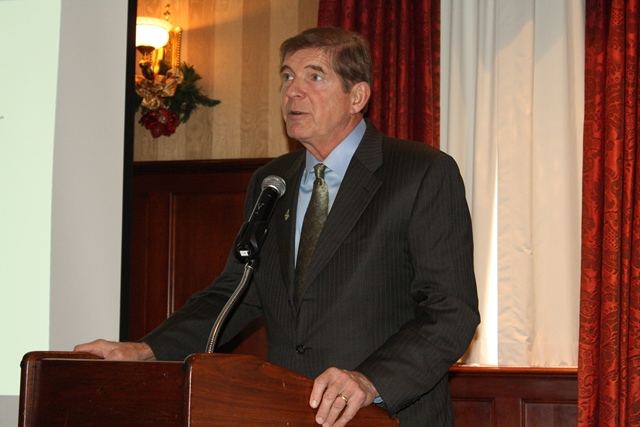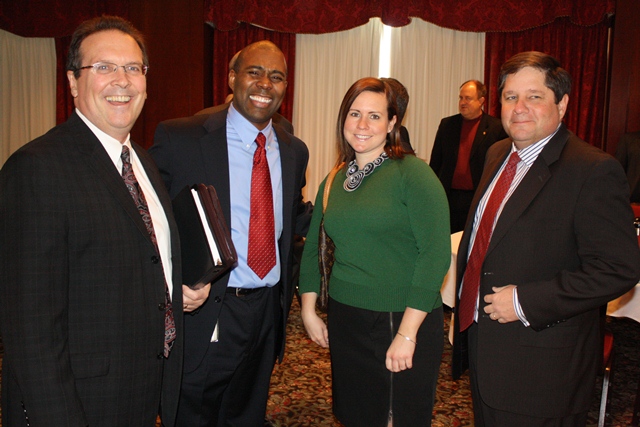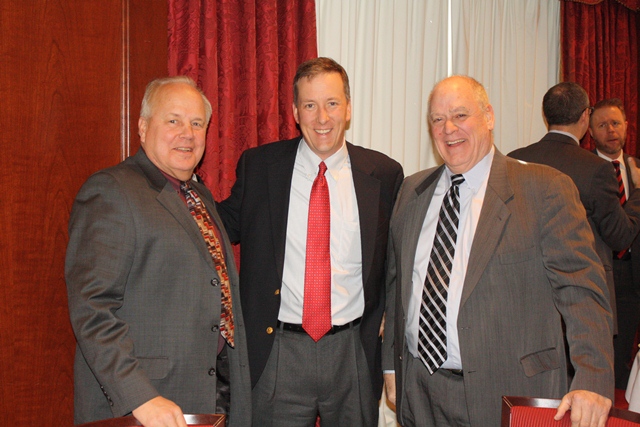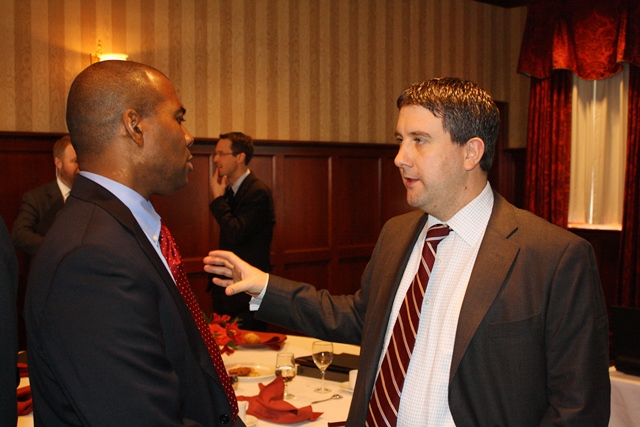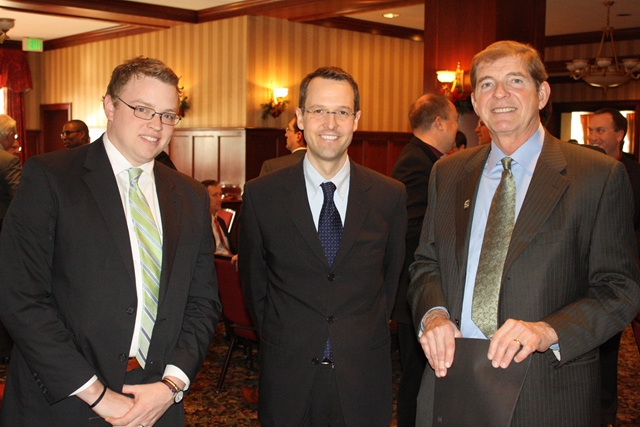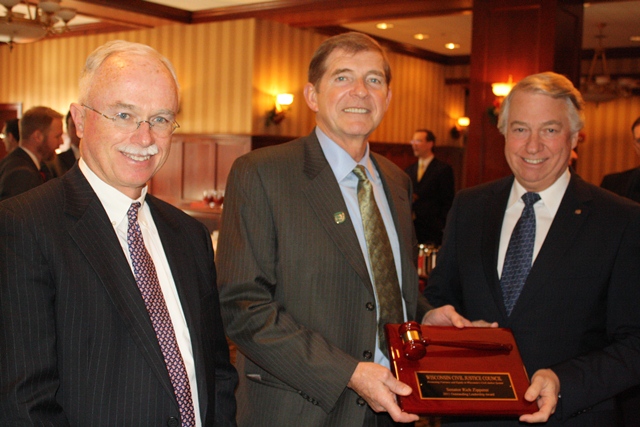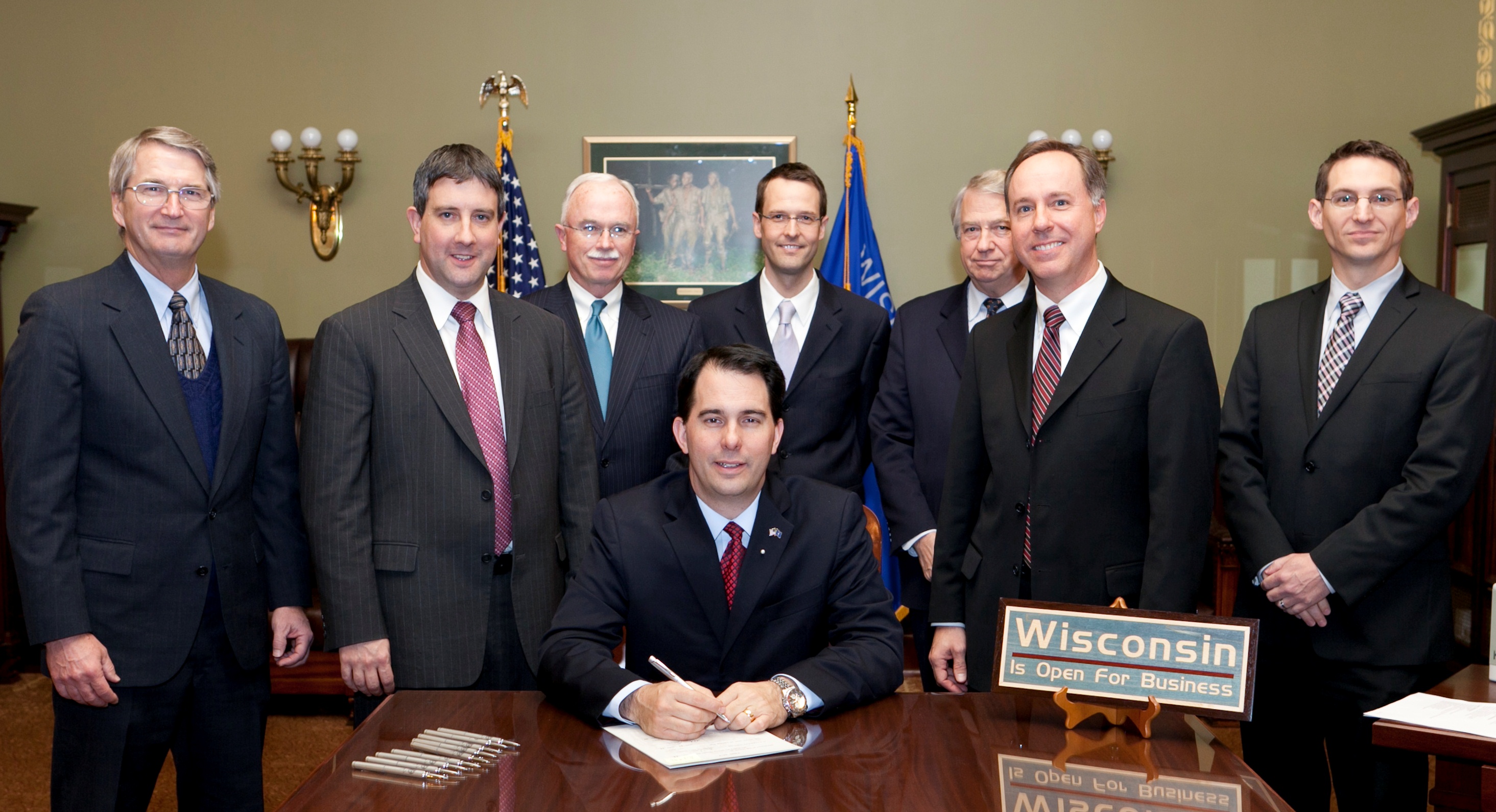While 2011 was a historic and productive year when it comes to passing substantive civil justice reforms, WCJC still has a number of priorities it would like to see pass in 2012. Among them are two bills pending in the Legislature:
- Repealing 2009 Act 20, which for the first time adopted punitive and compensatory damages in discrimination cases under the Wisconsin Fair Employment Act (SB 202/AB 289); and
- Eliminating felony conviction records as a protective class under the Wisconsin Fair Employment Act (SB 207/AB 286).
SB 202 (repealing punitive and compensatory damages under WFEA) passed the Senate 17-16 on November 3rd. The Assembly Republicans attempted to bring the bill up for a vote on the last day of the floor period for 2011, but it was blocked by Democrats on a procedural move. WCJC is working to make sure the bill is brought to a vote when the Assembly reconvenes in January 2012.
Both SB 207 and AB 286 (eliminating convicted felons as protected class under WFEA) passed out the Assembly and Senate Labor Committees and await a vote on the floor in each chamber.
WCJC is also considering a number of other pieces of legislation for 2012. WCJC’s legislative tracking report can be reviewed by clicking here.



